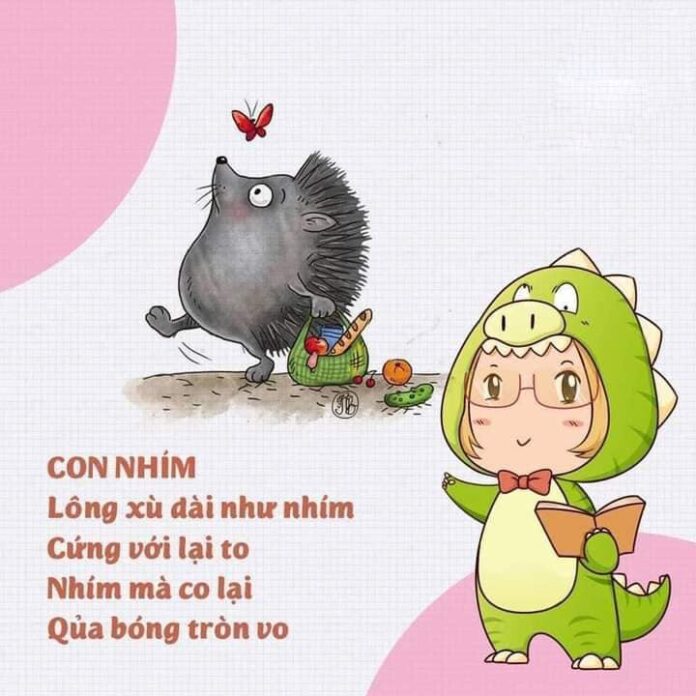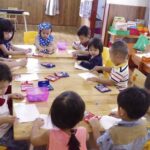Poetry’s vivid imagery and ideas spark children’s creativity and imagination. The rhythmic and lyrical nature of poetry makes it more memorable than plain text, facilitating learning and knowledge retention.
Poems about animals, nature, and other topics can serve as a fun and engaging way for children to explore and learn about the world around them. Teaching children through poetry helps develop their language skills and stimulates their creativity, encouraging them to discover and understand their surroundings.
Simple, easy-to-understand poems about familiar animals, such as cats, dogs, birds, and fish, are ideal for young learners. For instance, a poem about a cat can help children visualize and understand the unique characteristics and behaviors of felines.
Here are some examples of poems about various animals, each accompanied by a captivating image:
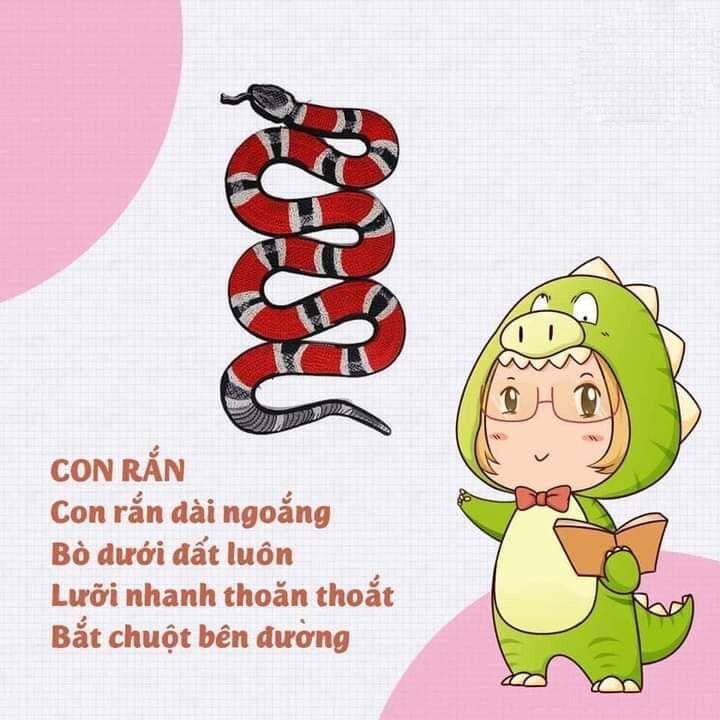
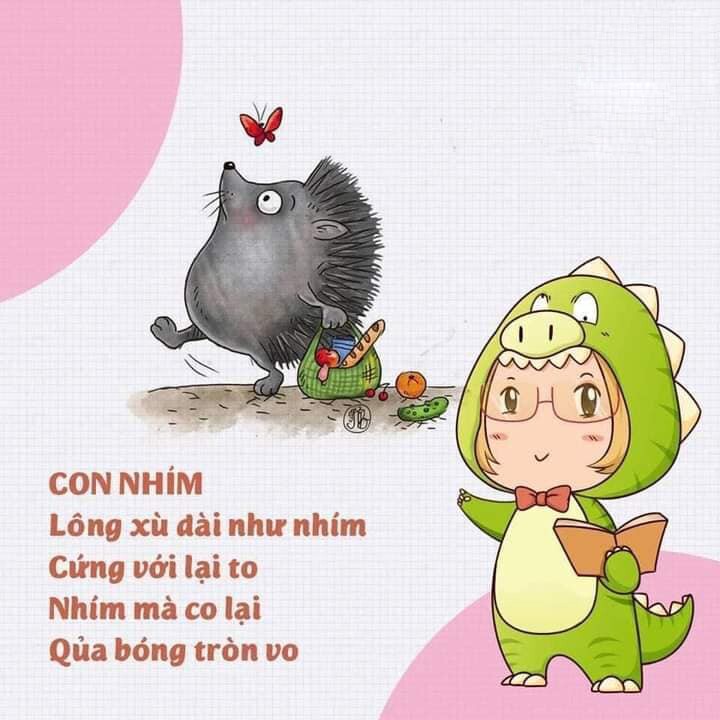
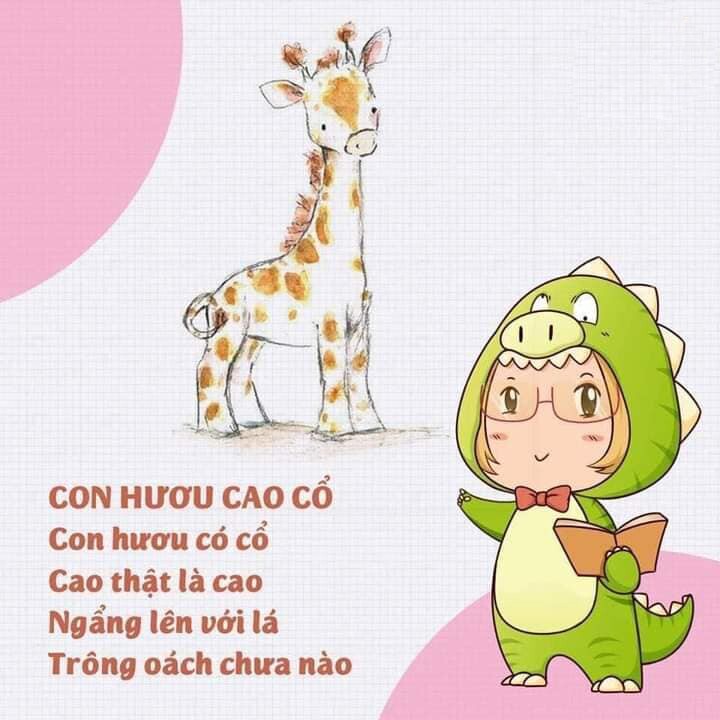
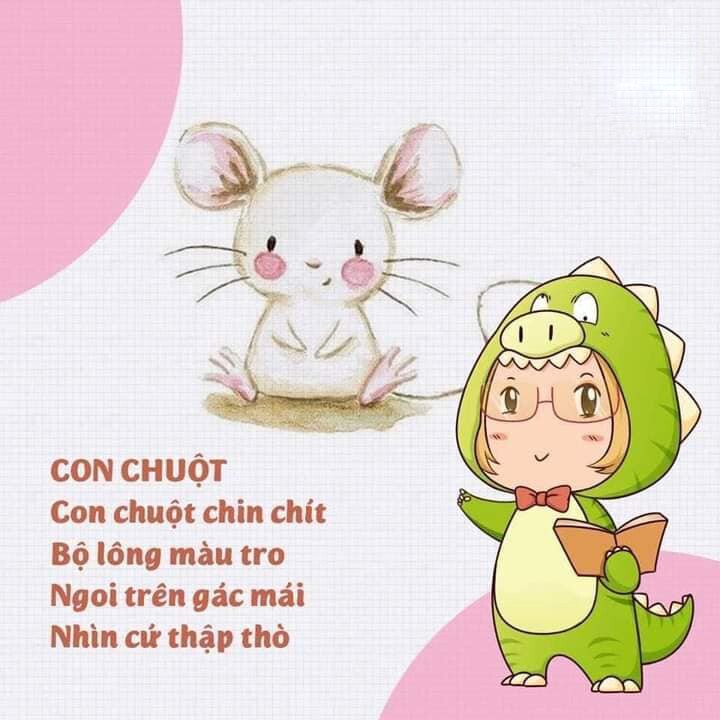


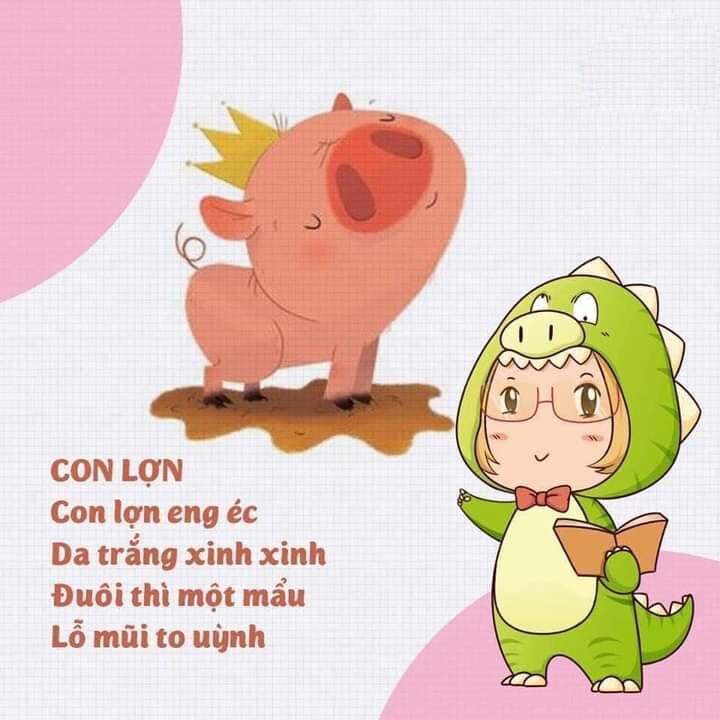
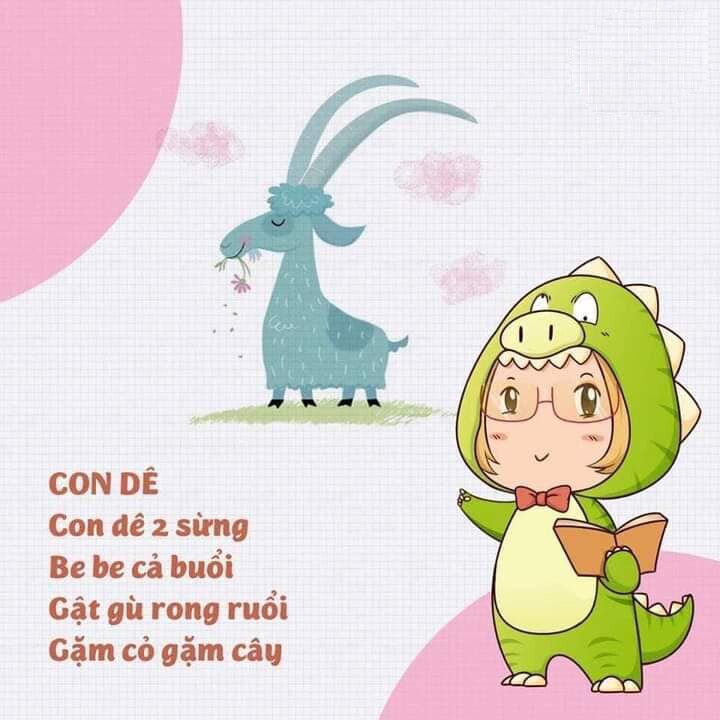
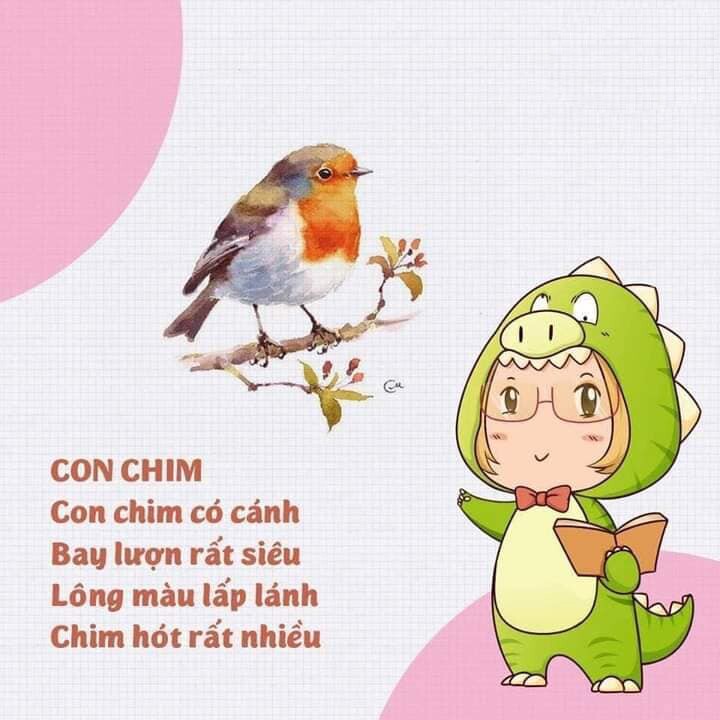
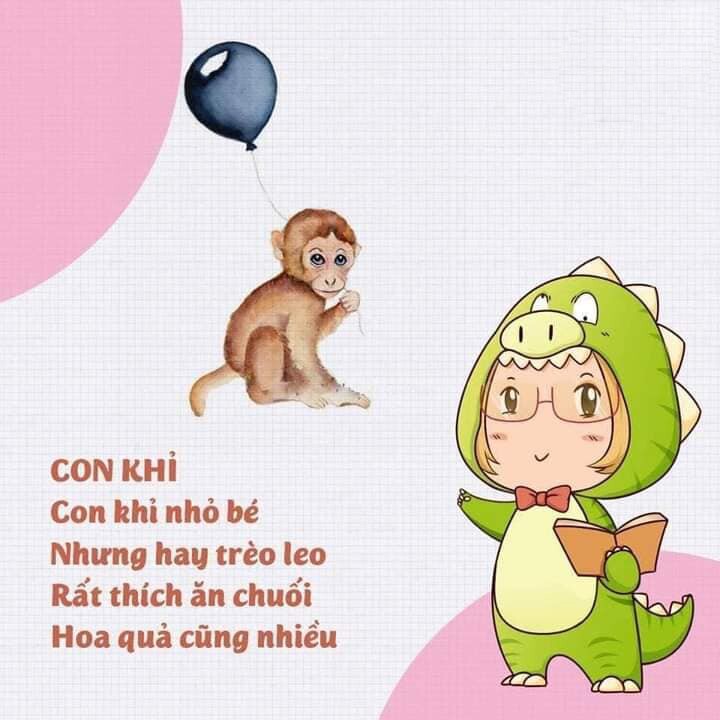
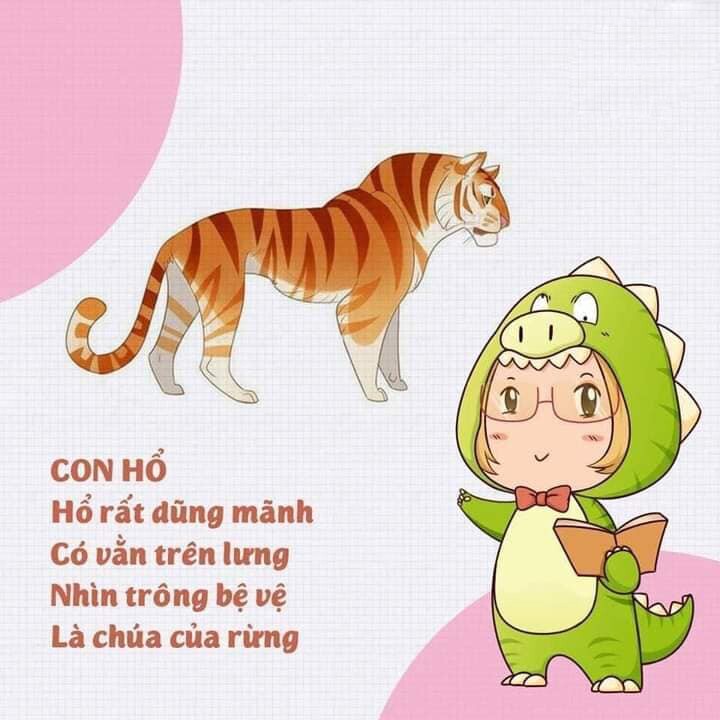

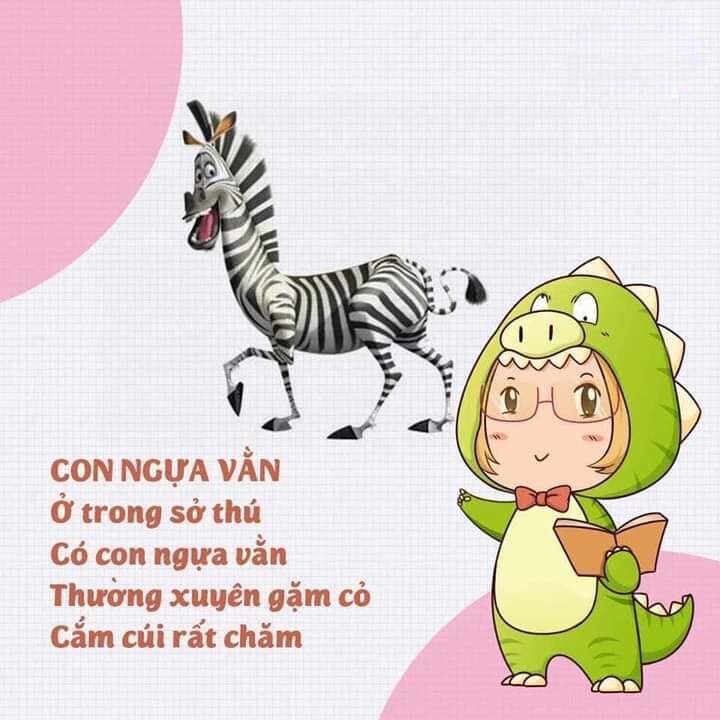
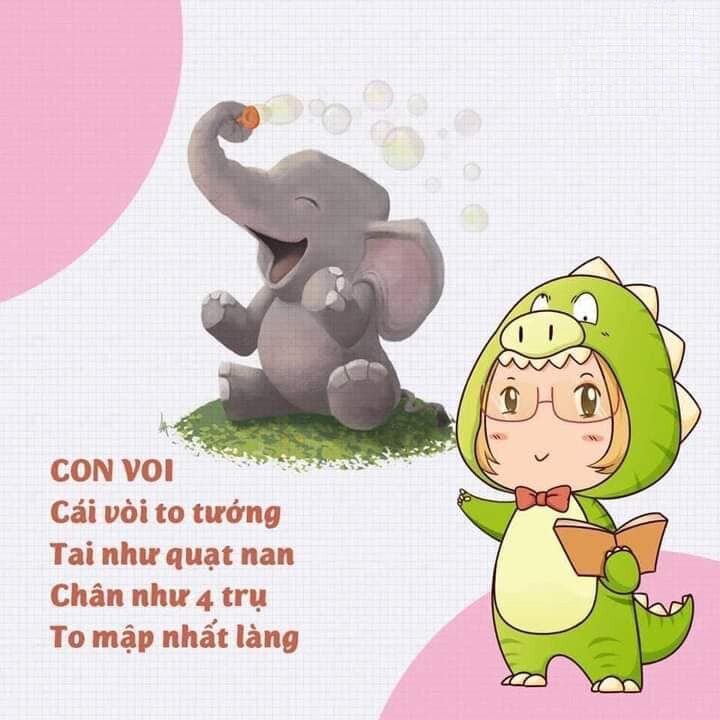

Poetry is a powerful tool for early childhood education, fostering a love for language and learning while nurturing young minds’ creativity and curiosity.
























